So-Called "University Professors" Attempt to Critique NASA Space Systems Engineer
Michael Paulkovich December 2016
Regarding the title of their article: they did not get the "Bible scholar" label from me, or from any of the venues for which I write or edit. I am a Space Systems Engineer, inventor and writer. I did some investigative journalism on Jesus just as attorney Joseph Wheless had done a century ago, as he demonstrated that Jesus was a fictional character. You don't have to be a Bible scholar to do research of this kind. You just need to be diligent.
So, Moss and Baden were aware of my first book, as they mention it by name at right out of the gate, saying "the author of No Meek Messiah now says Jesus never existed based on an absence of contemporary references." ("Now says?" As if I claimed something different in the past??) Yet they couldn't bother to flip it over and read the back cover, it seems. If they had done so they would have read that I am a columnist for American Atheist magazine, contributor to Free Inquiry, American Rationalist, and others. I never claimed to be a Bible scholar although I am quite familiar with Judeo-Christian mythology and the claims in their hoary "holy book." Studying the Bible was, after all, what cured me of my Christain upbringing.
If Moss or Baden would have taken the time to pick up any one of those journals (or simply read them online) or flip my book over they would have discovered more about me:
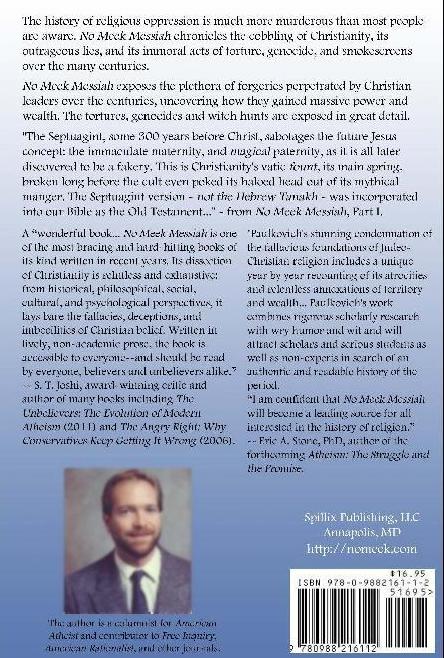
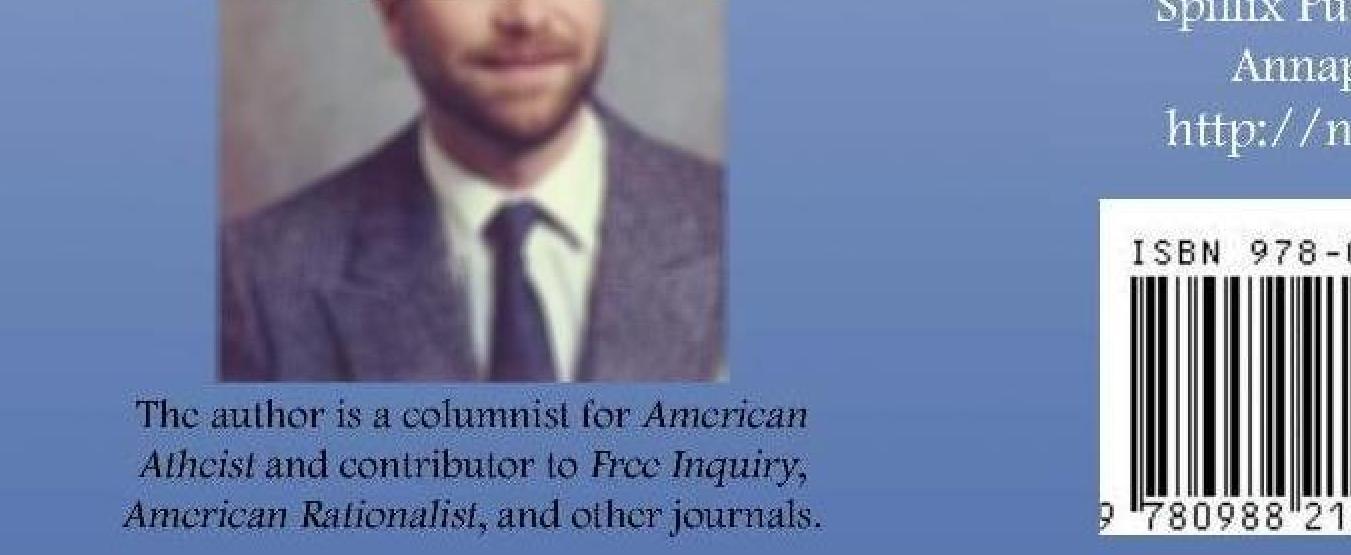
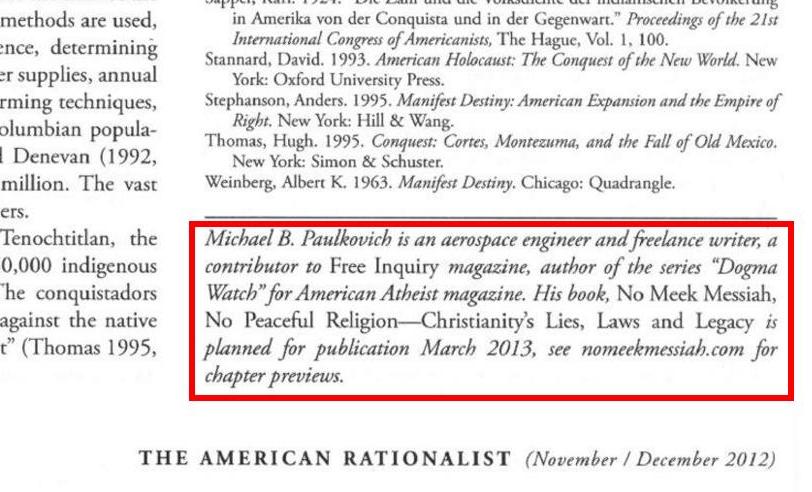
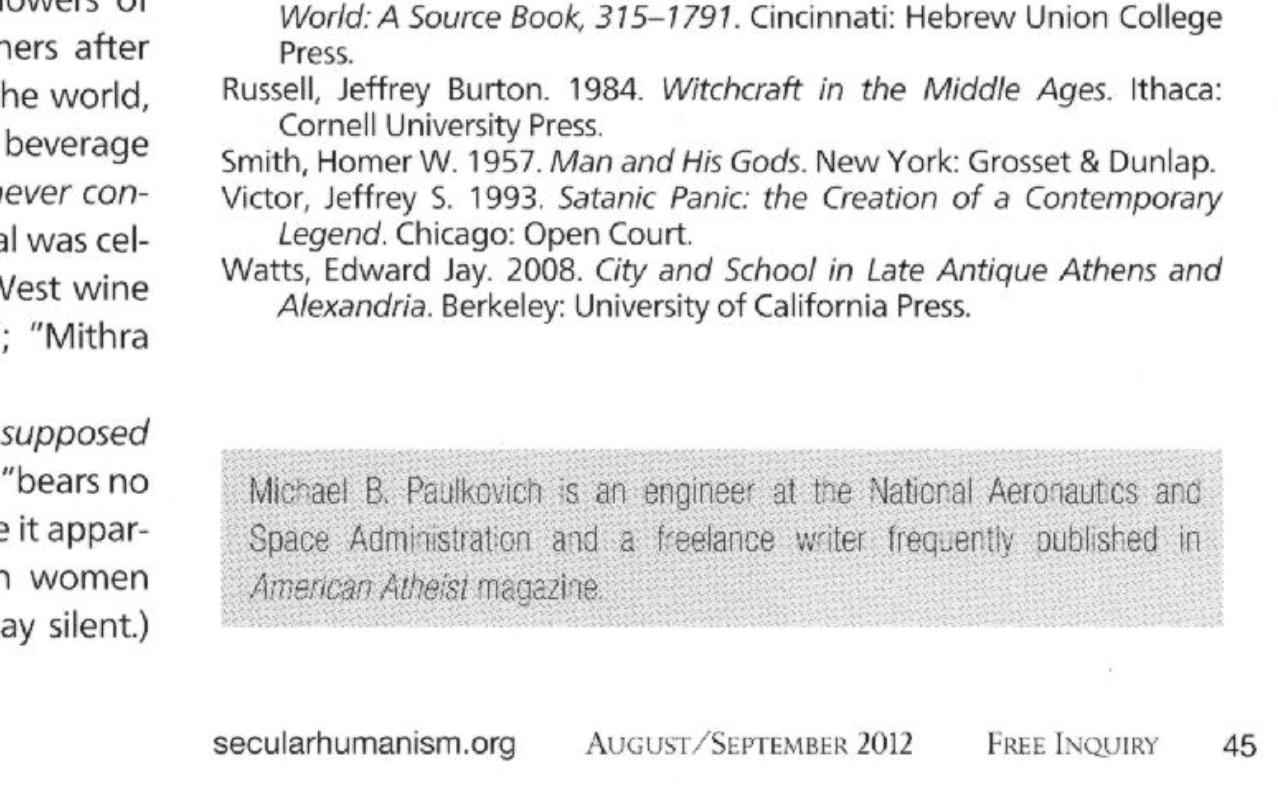
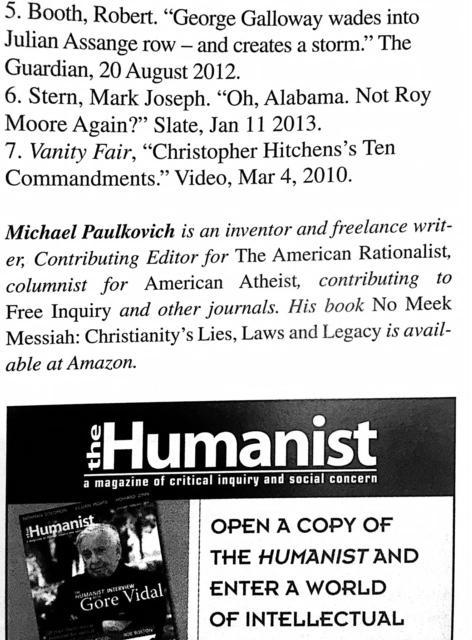
In general order of appearance in their article, let me demonstrate point by point how Moss and Baden got everything wrong.
1. They wrote that one of my "main pillars" is the assumption that "most writers should have mentioned Jesus, since he was the Son of God and all that." Hmm, they cited no page number from my book; perhaps that is because I never made such a claim. I do not believe they ever had my book in their hands. My point is, as stated clearly in No Meek Messiah, if Jesus was anywhere near as famous as the Bible writers claim, somebody during the first century—outside of the NT (New Testament) fantasies—would have written about him. They did not.
More on this below under point #4.
2. Moss and Baden wrote "There is nigh universal consensus among biblical scholars—the authentic ones, anyway [they're referring to their own mistake of labelng me as a bible scholar]—that Jesus was, in fact, a real guy."
Please note the extreme difference between "Bible scholars" and historians. The latter are typically unbiased, and the former usually have been indoctrinated from youth.
For so many reasons, Moss and Baden are guilty of a logical fallacy here. Who is likely to become a biblical scholar? Believing Christians, that's who. Who becomes Tanakh scholars? Believing Hebrews of course, most often rabbis.
Maurice Casey noted that 90 percent of the applicants to New Testament studies are Protestant Christians.[1] As Jacques Berlinerblau observed:[2]
Show of hands: Who here's an atheist? If a keynote speaker were to pose that unlikely query to an audience of 1,000 scholars gathered at the annual meeting of the Society of Biblical Literature my guess is only about a couple of dozen or so would publicly confess to infidelity. Nonbelievers are few and far between in biblical scholarship. Not counting the theologians employed by seminaries who have yet to come out of the closet, the cohort is so small that we literally all know one another by name.
Mike Doolittle also presented this notion: "Most Biblical scholarship is done at theological seminaries, and what seminary wants to hire an outspoken atheist? Someone who thinks all the students are being taught a bunch of bullshit?"[3]
And Chris Hallquist makes a similar point: "Not only are non-believing Biblical scholars rare, the few that are out there are mostly former believers with degrees in theology. That description fits Bart Ehrman, Gerd Lüdemann, and Robert M. Price. Hector Avalos deconverted before starting his Ph.D. program, though his interest in Biblical scholarship clearly stems from his days as a child evangelist."[4]
Note that at least 75 percent of NT scholars not only believe the historicity of Jesus, but actually buy the tales of the "empty tomb" and "resurrection."[5] Strangely, the anonymous writer of Mark was unaware of any resurrection. The book of Mark is the oldest gospel, and the original manuscripts ended at 16:8 where some women discover that Jesus is no longer in his tomb, and:
And they went out quickly, and fled from the sepulchre; for they trembled and were amazed: neither said they any thing to any man; for they were afraid.
So, the women ran away and told nobody. Then how did "Mark" learn of this? The original book had no post-crucifixion appearance; verses 16:9-20 were added long after the first century by some forgers. As Bible scholars, Moss and Baden must be aware of this. The original gospels, full of ludicrous tales in the first place, were later corrupted with additional childish fables.
3. In their poorly-written article, Moss and Baden claimed that "some" of my ancient writers are "a little too ancient" and they (erroneously) declare that they died before the first century. They wrote:
So that brings us to Paulkovich's list: 126 ancient writers, 0 references to Jesus. The list has a few issues. Although everyone on it is indeed ancient, some are a little too ancient—as in, lived-a-hundred-years-before-Jesus too ancient (Asclepiades of Prusa, for example).
So, "some," or just one?
And what do you know, Moss and Baden are dead wrong about Asclepiades, the only example they bring to the argument. They seem to have used Wikipedia as their source.

Wikipedia! This would receive a failing grade for any high school or university essay. If you type "Asclepiades of Prusa" into Wikipedia, it indeed comes up with a man with that name in that region who died in 40 BCE.
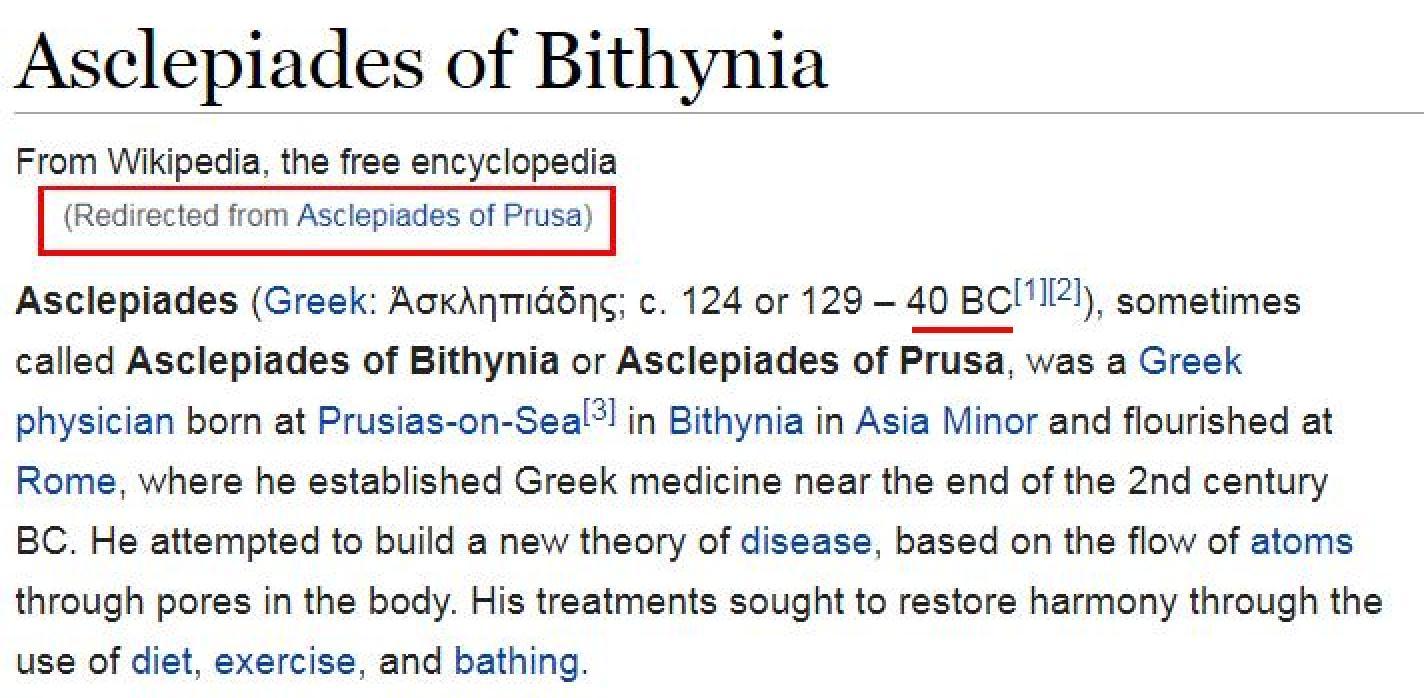
But Moss and Baden apparently never considered the possibility that other men of that name might have lived in Prusa.
In fact, Antonio Cocchi noted that there were over 40 men named Asclepiades in Prusa (Cocchi, The Life of Asclepiades, 2). Moreover, it seems Moss and Baden simply ignored the references in my book.
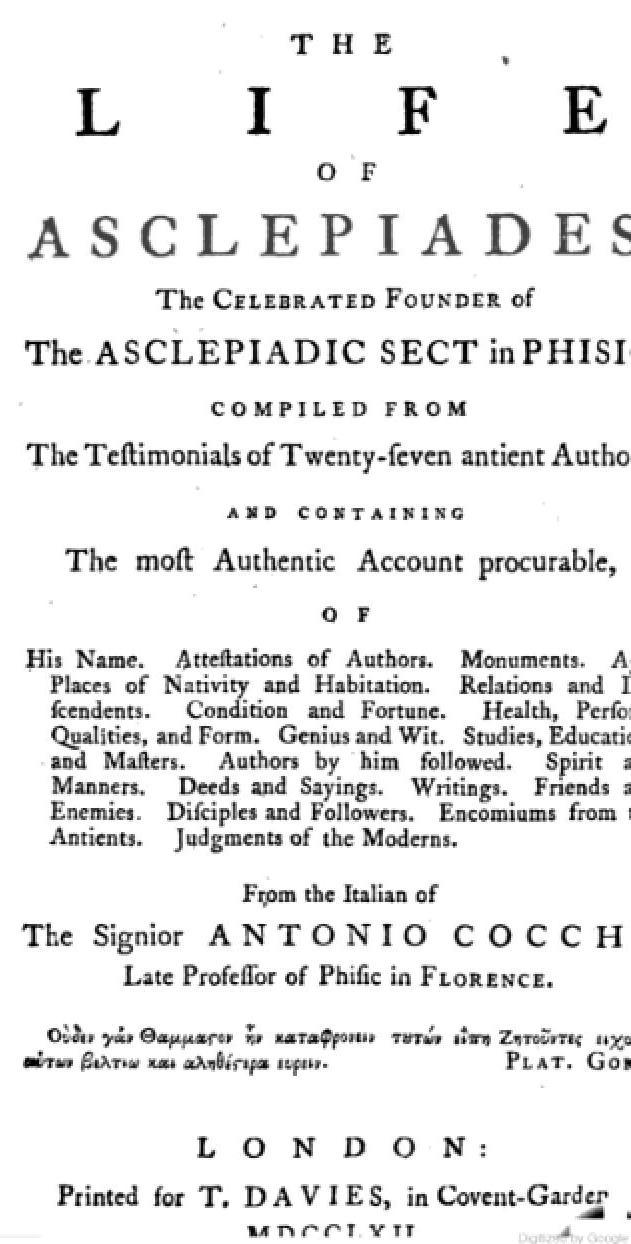
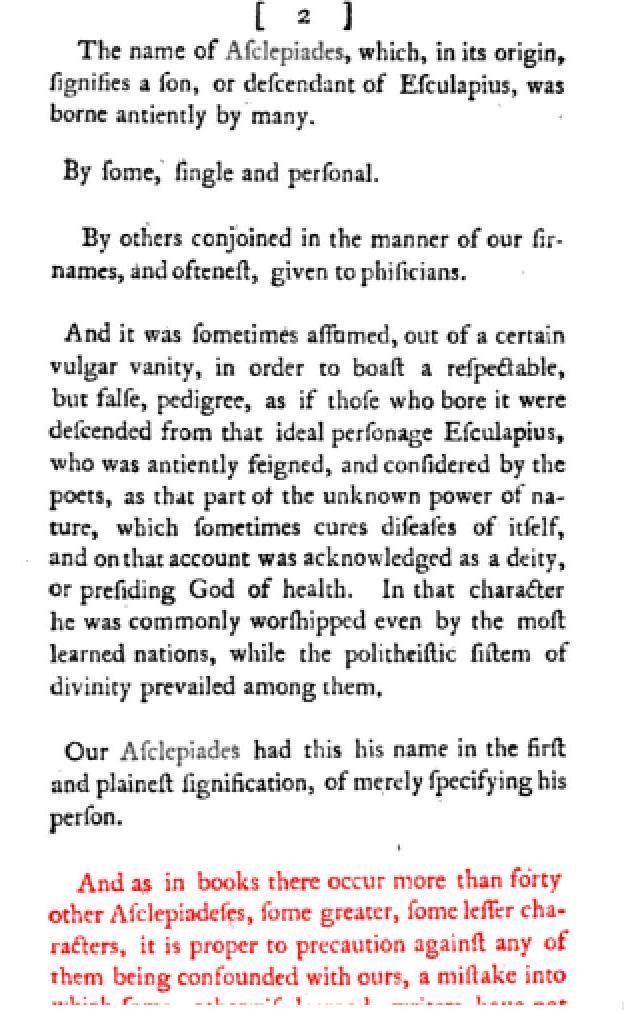
Did they read the appendix? I provide on page 331 a description of Asclepiades who lived under Emperor Hadrian: Famed physician under Hadrian, born 88 CE in Prusa, Asclepiades wrote several books on internal and external medicines.
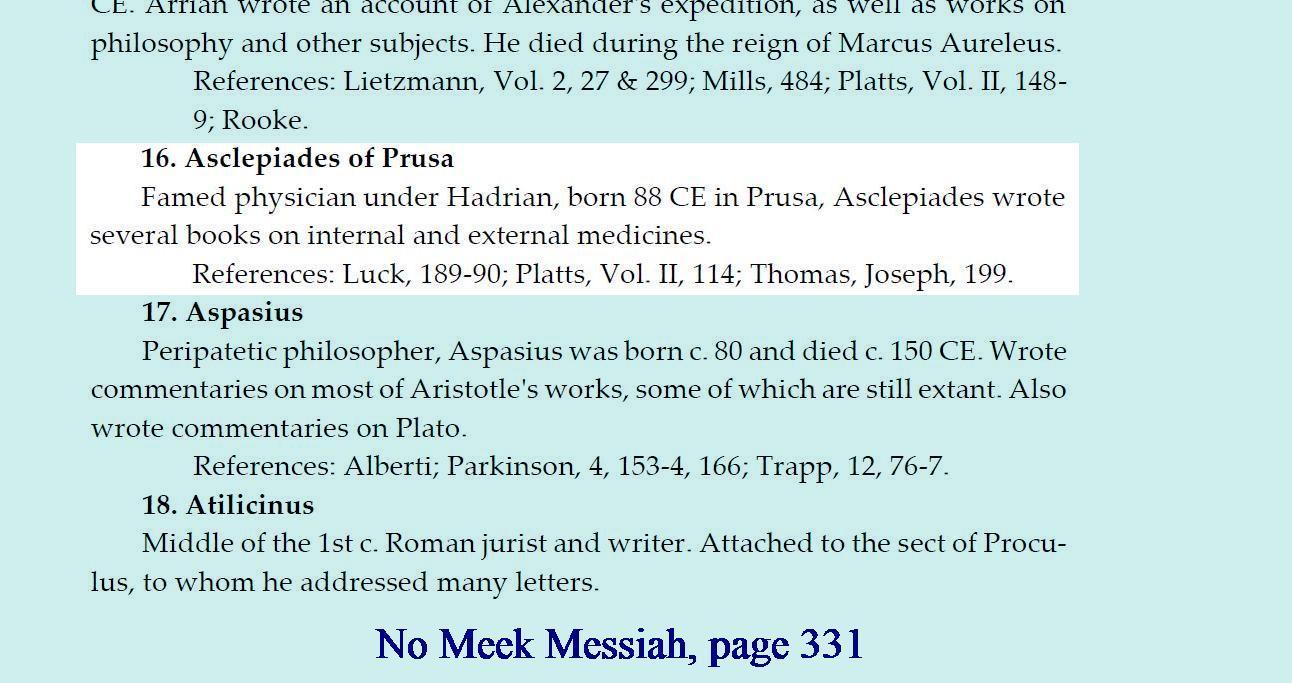
And on p. 329 of No Meek Messiah, I cite Joseph Thomas and John Platts as my sources. Here are excerpts from their books:
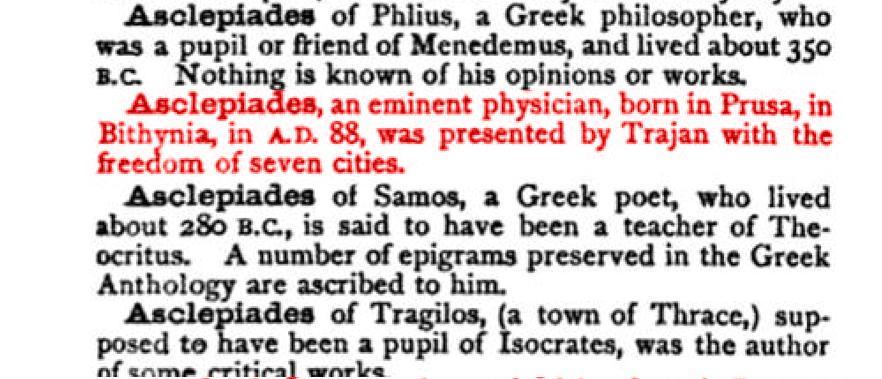
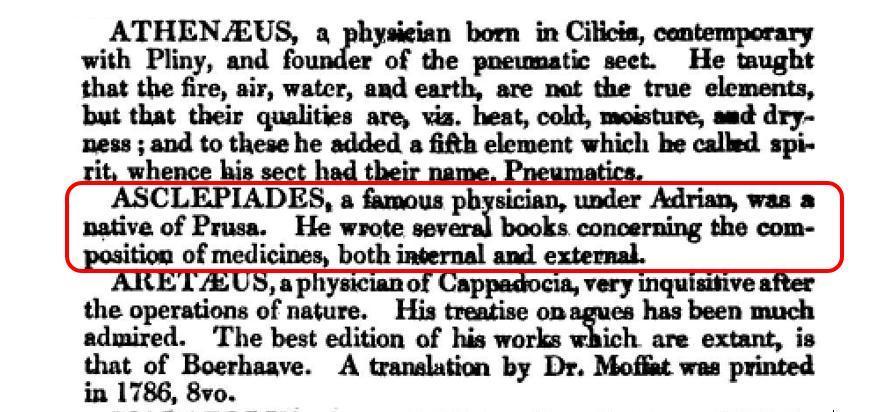
Asclepiades, an emient physician, born in Prusa, in Bythynia, in A.D. 88, was presented by Trajan with the freedom of seven cities (Thomas, 199).
Asclepiades, a famous physician, under Adrian, was a native of Prusa. He wrote several books concerning the composition of medicines, both internal and external (Platts, 144).
Antonio Cocchi hypothesized (Cocchi, 19) that my (second century) Asclepiades "in times of Adrian, was a countryman of, and, perhaps a lineal descendent of" the Asclepiades that Baden and Moss apparently found on Wikipedia.
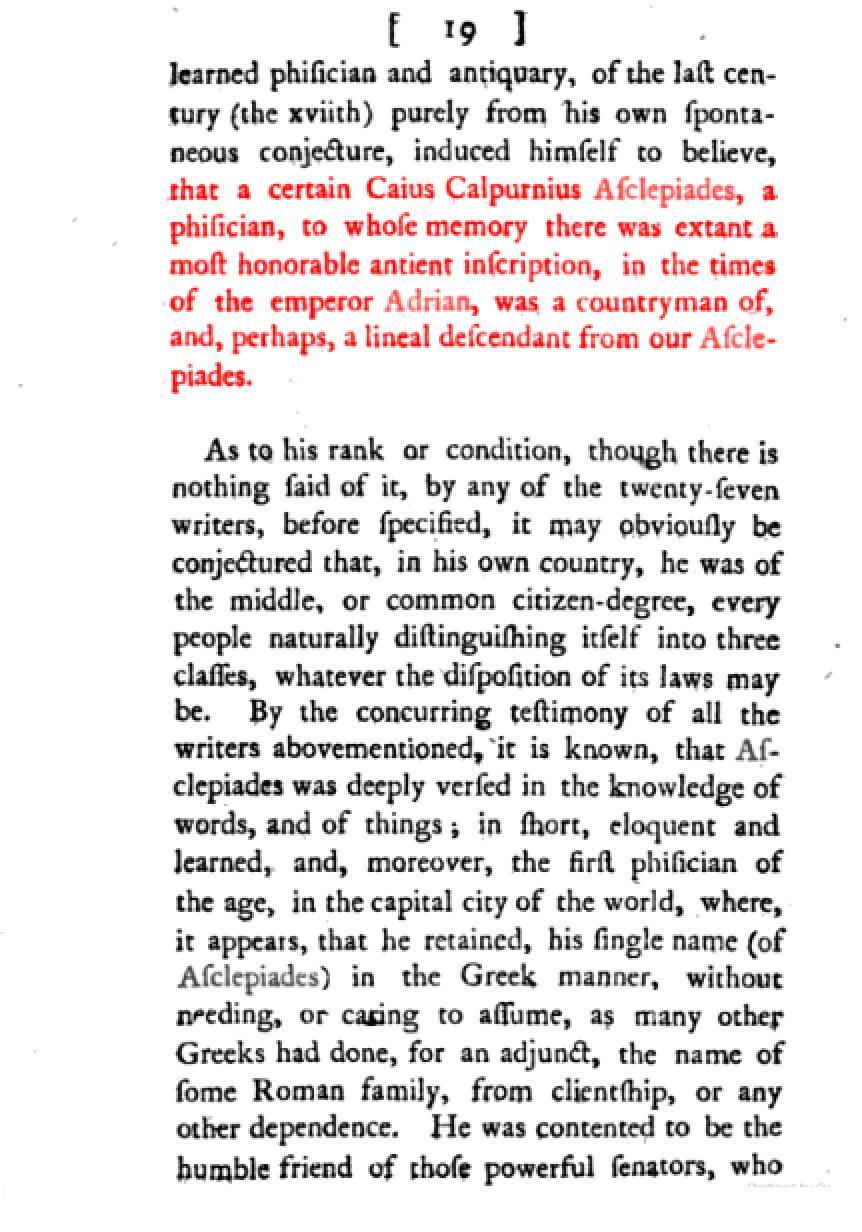
Professors Moss and Baden, please be informed that Hadrian (sometimes "Adrian") was a second century emperor who reigned 117 to 138 CE.
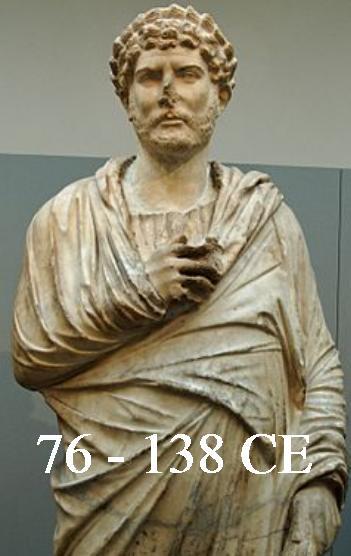
The Asclepiades that Candida Moss and Joel Baden ostensibly found on Wikipedia lived two hundred years before, and as Cocchi wrote, was probably of relation to the one I included in my list, flourishing in the second century CE.
But Moss and Baden apparently ignored the citations in my book (or more likely, as I mentioned, never read it), and it seems they couldn't bother to visit a public library or use, say, Google Books and spend ten minutes on research. It seems they used WIKIPEDIA.
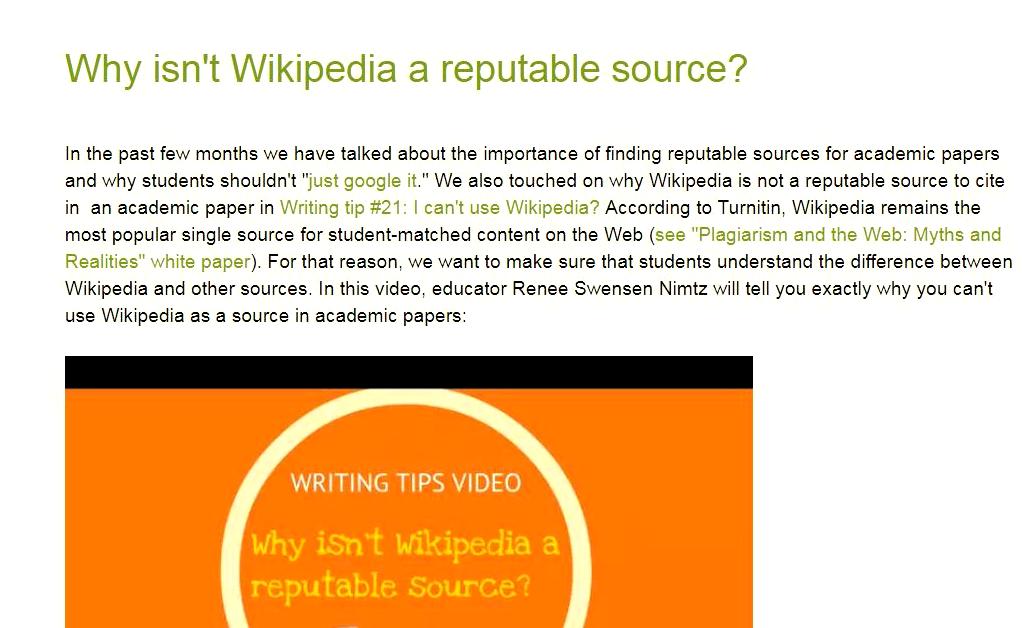
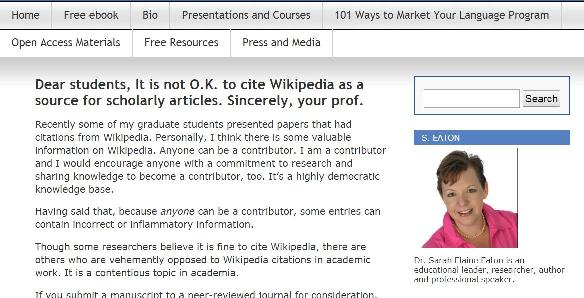
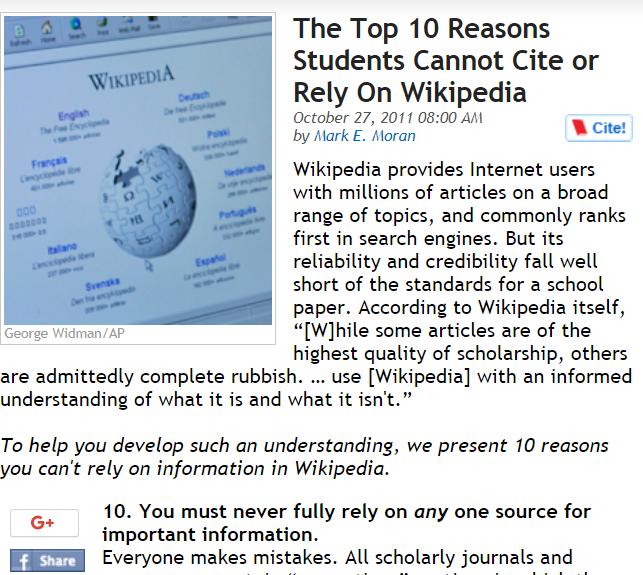
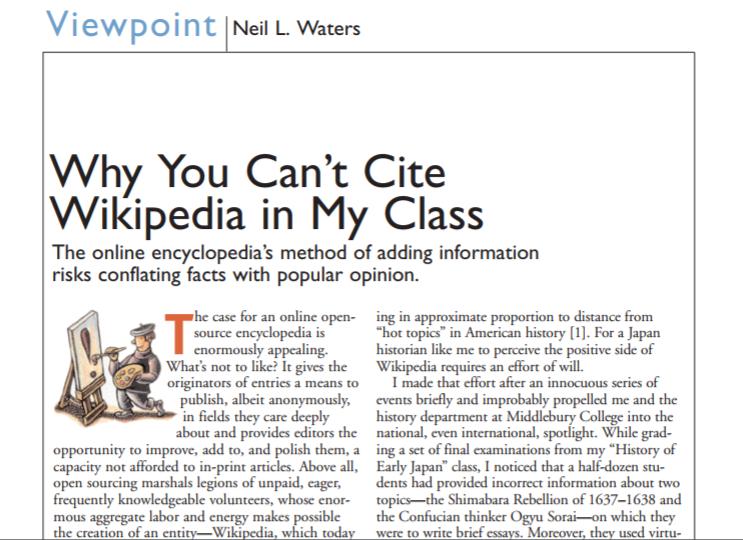
Moreover they implied there are others from my list that lived before Jesus (but suspiciously, they list none). Fact is, all 126 who I enumerated are documented first and second century personalities who should have written about Jesus of Nazareth, but did not. How careful and intellectually honest are these so-called "university professors"?
4. Some of the writers on my list were philosophers, and Moss and Baden made the claim that philosophers "aren't really known... for their interest in current events." This is both a smoke-screen and a non sequitur. My dialectic regarding this mode of investigation, as stated in my book, is as follows: if Jesus was (a) either as famous as claimed in the Bible or (b) performed even just one of the fantastic miracles (ignoring the "local" ones) everyone in the world who could write would have recorded it. Of course, nobody did. Here's what I wrote on page 201 of No Meek Messiah:
| The Bible claims Jesus' fame "went throughout all Syria" (Mt 4:24), and "all Galilee" (Mk 1:28). Jesus was followed by "great multitudes of people" (Mt 4:25 & 8:1). The NT declares Jesus was famous across the ecumene, and his words went "unto the ends of the whole world" as we learn from Paul in Romans 10:18. |
Few writers would have heard isolated and anectdotal tales of Jesus walking on water, changing water into wine, magically liquidating a fig tree, or killing a bunch of pigs by sending "devils" into them. But if the Jesus tales were true, literate people in the entire ecumene, including philosophers, would have written about the supposed three hour darkness in mid-day, and dead people who climbed out of their graves to wander about town (Matthew 27). Moreover their fundamental claim is wrong; for example, Noam Chomsky is a philosopher who writes and speaks of current events daily. And I cited many ancient philosophers who did the same.
5. Moss and Baden claim "The vast majority of the authors listed, however, have none of their writings preserved for us, or mere fragments at most. It's hard to say that a writer didn't mention Jesus when all we have of that writer are a few lines quoted in someone else's work."
This is another grossly erroneous, and apparently unresearched stricture. If they had read pages 329-348, they would have discovered that we still have the writings of the majority of these writers. For the few works that are not extant, again, if any had written about the Jesus character, Christians would have noted it throughout the centuries and we would have second hand sources.
Now, their term "vast majority" is vague, but all we would have to do to prove Moss and Baden are wrong is to show that a simple majority — 50+ percent — have works that are extant. And this is how wrong they are: we still have today the works of at least 84 of the men and women in my table of 126. That's 2/3 of those my list—a vast majority. This demonstrates that Moss/Baden were not simply wrong, but vastly wrong. And these aren't obscure works hidden in some European library or Syrian museum, the books of half of these individuals are available to the general public from Amazon and Barnes & Noble!
6. As Moss and Baden struggle and straggle through their stratagem against my research, they claim: "A good number of the writers listed weren't writers at all, but consuls, generals, even a king (Vardanes I) and an emperor (Tiberius)."
Apparently these "university professors" think that generals and kings and emperors did not write! Prime Minister Winston Churchill and General George Patton were prolific writers in the 20th century. So was Emperor Julian in the 4th century.
The famous Roman general and emperor Claudius wrote OVER THIRTY BOOKS. Moss and Baden even mention the TV series "I, Claudius" in their article (trying to be funny, it seems, and failing on all fronts):

Regarding their mention of Vardanes, I included him in my list and explained (p. 349) that he ruled Parthia in the first century, writing epistles and other texts not far from Judea, even corresponding with Apollonius of Tyana (whose letters we have today). And I included Emperor Tiberius, observing (347) with scholarly references from historians that "Tiberius wrote Greek poems, a lyric poem on the death of L. Caesar, and a commentary of his own life, which Suetonius made use of for his Life of Tiberius. Tiberius also wrote many letters to princes and others (which Suetonius used), and Oratories to the Senate."
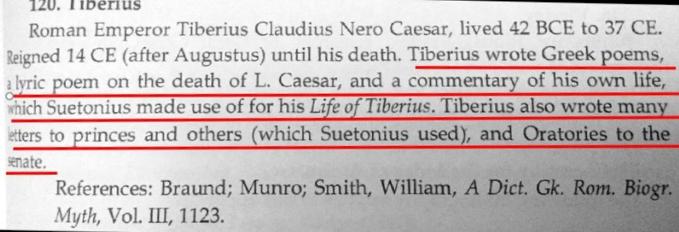
My dear Moss and Baden, were you high when you wrote this "review," or are you really this ignorant of history? This may seem news to you, but consuls, generals and kings did in fact write, even in the first and second centuries. And we have many of their works today. Check out Amazon and Barnes & Noble for many, many examples. Oh — and my appendix and bibliography, which clearly you've never seen.
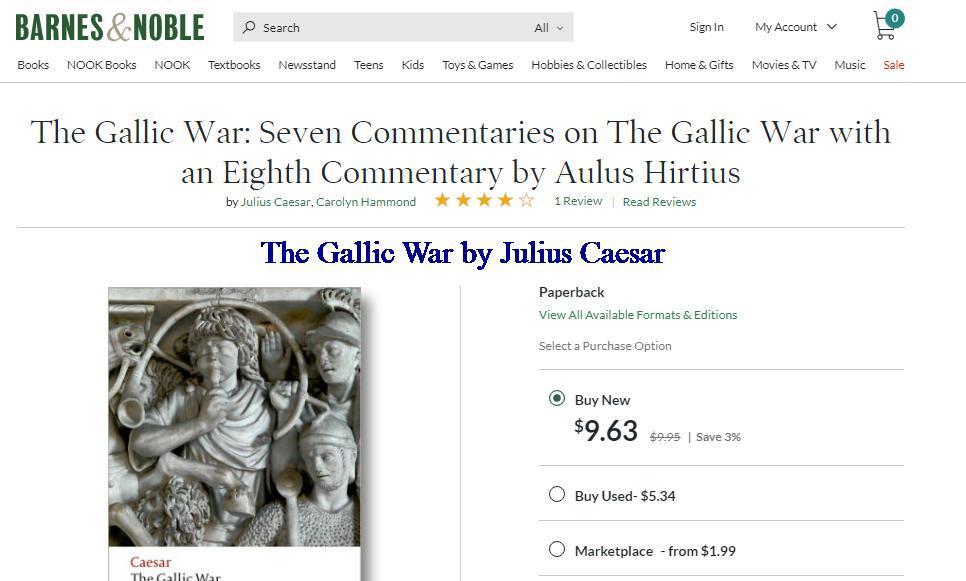





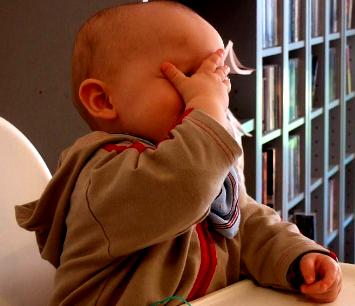



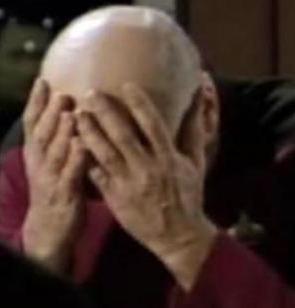
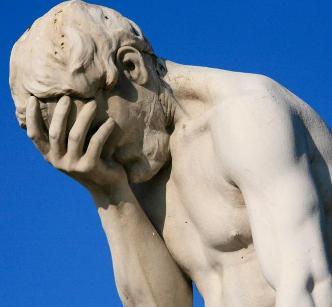
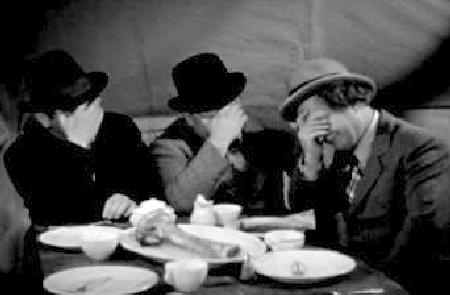
7. Moss/Baden claimed: "Long story short: of the 126 people listed by Paulkovich, there are only 10 or so whom we might expect to have written about Jesus."
Clearly, and long story short, I've demonstrated that Moss and Baden are utterly and completely wrong about this and just about every one of their arguments in their lazy Daily Beast article.
8. Moss/Baden make this claim: "...in his own day Jesus wasn't that important. He was just another wannabe messiah who ended up on the wrong side of the authorities."
Now, I've watched some of Baden's lectures and read his articles, and he is a Bible scholar (for what that's worth) and a true believer. And, as a believer, he seems passionate about figuring out new ways to rationalize blind faith in the Bible tales. Pious devotees need to realize that emotion has a bad name in scholarship: it clouds rational discussion and blurs lucid observation.
Again, the Bible claims that Jesus' fame was "throughout all Syria" and "all Galilee," was followed by "great multitudes" and his words went "unto the ends of the whole world." That would be astonishingly impressive if it were true. But of course it is not. In a lesser perfidious claim, in Gergesa the "whole city came out to meet Jesus" (Matt 8). Moss and Baden, if Jesus "wasn't that important," are you saying that the gospels — which claim Jesus was incredibly famous during his lifetime — are untrue, and St. Paul was a liar (e.g. Romans 10:18)?
Baden admits: "The Bible is a book that treats women as property, that advocates polygamy, that supports slavery..."[6] And Baden followed without taking a breath, uttering next this casuistic mote of "truthiness":
That's not what most people mean by "the truth of the Bible." Most people are talking about that deep, fundamental authentic "religious truth," that clarity and singularity of message and meaning that the Bible represents. Now, of course, often, how you define that "authentic truth" is very much in line with what you think, yourself, as opposed to what the Bible actually might say.
Baden seems to be a victim of cognitive dissonance in the worst way. It appears he is saying this: Don't believe what the Bible says, believe what you want it to say. This is how you bend reality in your favor using the fun-house mirrors of credulity—what Baden calls "religious truth"—not real truth. Real truth and evidence are kryptonite to the pious believer.
9. Moss/Baden wrote: "The argument isn't improved by saying that Jesus was a God who should be able to journal in his leisure time. Deities don't write things by hand. They tend to let human beings do the brunt of the transcription (you feel me, Moses?)"
One wonders the precident for making this claim—where did they get their information on the activities of deities? Indeed, mermaids and leprechauns don't write either, but what is their point? They actually seem to believe "Moses" transcribed things that "God" said—surely I'm not the only one laughing at them on this point. (Maybe they have some inside information on the communications methods of werewolves too.)
I wish they had given an indication where I claimed Jesus "Jesus was a God who should be able to journal in his leisure time." I do not believe I made such a claim. (Isn't it suspicious how they never cite a single page from my book as they attempt to refute it?)
| "One wonders the precident for making this claim—where did they get their information on the activities of deities? Indeed, mermaids and leprechauns don't write either, but what is their point?" |
10. Moss and Baden declared "Paulkovich has written nothing about himself—we have no biographical data on him. (In truth, it is hard to find almost anyone with less of a web presence than Michael Paulkovich—including, for the record, no Twitter account.)"
Again, if they would just flip my book over, or read an article from one of the magazines I write for, and they'd find biographical data. Have they never heard of Google?
Their article was published October 2014—it's true at that time I indeed had only seven articles published in American Rationalist, three in Free Inquiry, three in Humanist Perspectives, twelve in American Atheist, and eight ten in various science and technical journals. And I'm not saying the following to impress you, but merely to show how wrong they are: at the time they wrote their treatise on me, I was an associate editor for The American Rationalist and had been a columnist for American Atheist for four years. Free Inquiry and American Atheist are available at Barnes & Noble. And a quick Google search would have provided Moss and Baden with the biographical information they erroneously claimed is nonexistent.
On my "web presence," which for some reason they consider a point of pedigree, we created the nomeekmessiah.com web page two years before their poorly researched Daily Beast article. (My editors and publishers recently removed most of its content because we have issued a new edition under a different title, Beyond The Crusades published by American Atheist Press with foreword by Robert M. Price.)
Their ultimate insult seems to be that I didn't have a Twitter account—what an absurd standard of merit. I don't have a subscription to Seventeen magazine or the National Enquirer either. Should I?
Big surprise, they were wrong about Twitter too: I had joined twitter two years before their article. For the record.

11. Some of the writers in my list were doctors; in response to this, Moss and Baden attempted to reason as follows: "Jesus was supposed to have a gift for healing, so he probably didn't take his annual checkup seriously."
They are such comedians. And — another big surprise — guilty of yet another non sequitur with this particular shred of schlock. What is the point here? Seems just a sideways attempt at defamation.
Moreover one of the "gifts for healing" Jesus had involved removing "devils" from people! Due to this childish nonsense in the Bible, Christians discarded scientific method for centuries and relied on exorcism and burning at the stake (you feel me, Hippocrates?)
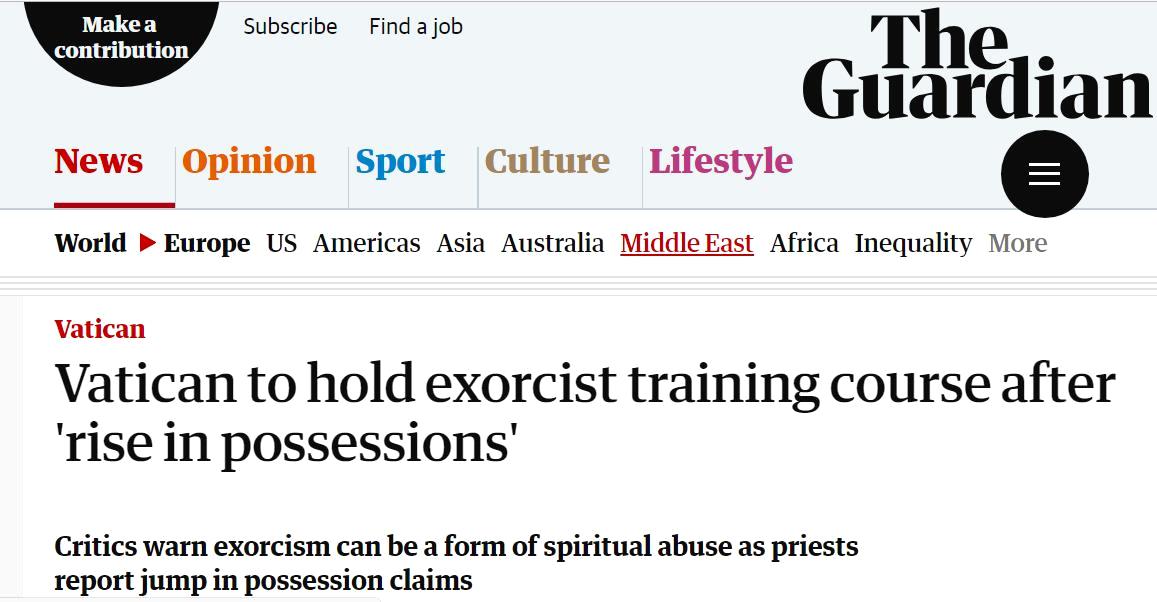
Conclusion
So many gross errors in an article just a few pages long! That too would receive a failing grade in university, or even high school. Their mephitic critique is so lavish in falsehoods that we have reasonable grounds to suspect that Baden and Moss did not follow standards of intellectual integrity and rigor imparted to them by their universities, Yale and Notre Dame.
The purlicue in their article included the following: "But absence of evidence is not evidence of absence." Yes, I know. I never said it was, nor did I use it as any prime thesis. What Moss and Baden seem to have missed is this: any thinking person should find it suspicious that no extra-biblical author wrote of Jesus until a century and a half after his supposed time.
Even the gospel writers, all anonymous and written in third-person, were many decades too late! And Saul of Tarsus, aka "Saint Paul" seems to be writing of a completely different "Jesus," as he never mentions Jesus' virgin mother, Joseph, the magical birth, wise men, Bethlehem, Nazareth, Herod, Jesus walking on water, changing water into wine, Jesus' life on earth, Judas, the trial, the "thieves" crucified with Jesus, the dead climbing out of their graves, the three hours of "darkness" in the middle of the day, or the empty tomb.
Could "professors" Moss and Baden explain away Paul's ignorance about the Jesus of the Gospels? Maybe (and this is just an idea), they could take a course in scholarly research before they publish their next "book review."
Moss and Baden would be well advised spend a few minutes of diligent research when attempting criticism rather than relying, as they seem to have, on Wikipedia and the Bible. As members of the teaching staff at Yale and Notre Dame, one would think they are held to a high standard of scholarship; it seems this instance was a dreadful and embarrassing failure for them and and their universities.
And, dear Ms. Moss and Mr. Baden, you both owe me an apology for an ignominious critique so replete with errors, poor research, ad hominems and other logical fallacies. Send me a tweet!
[1] Godfrey, Neil,"Unrecognized Bias in New Testament Scholarship over Christian Origins," Vridar. April 17, 2015.
[2] Berlinerblau, Jacques, "Atheists in Biblical Scholarship (on Prof. Bauerlein's 'Haidt Speech' Post)," The Chronicle of Higher Education. February 21, 2011.
[3] Doolittle, Mike, "Shocking news: Biblical scholars are mostly Christians," The A-Unicornist. December 9, 2011.
[4] Hallquist, Chris, "The ignorance and dishonesty of Christian apologetics, part 2: New Testament scholarship and Josh McDowell," Patheos. July 4, 2013.
[5] Habermas and Licona, 70.
[6] Baden, Joel, "What Use Is the Bible?" The Nantucket Project. 2013. https://www.youtube.com/watch?v=NIXfDyoYK8Q